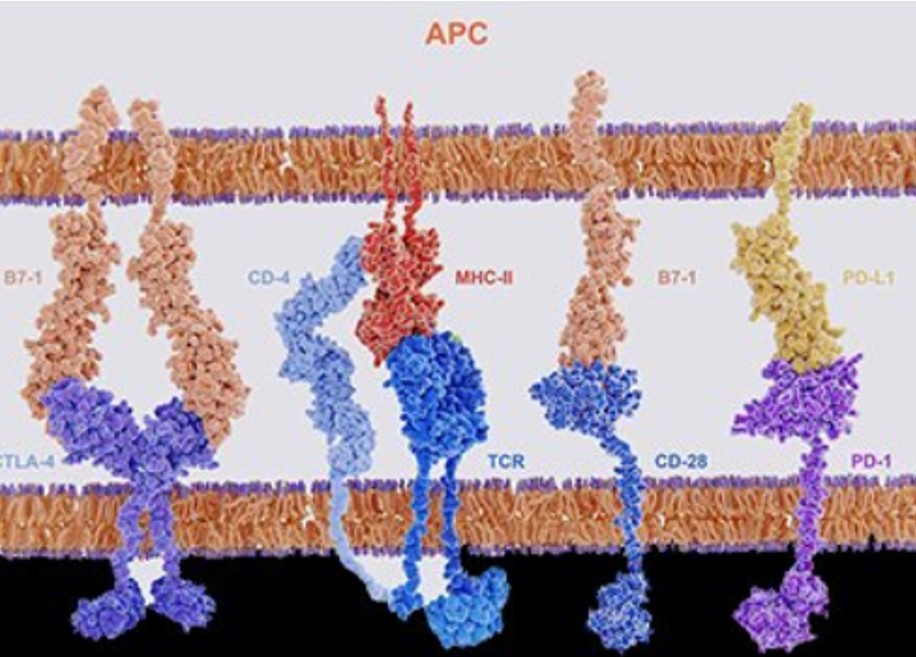Cancer cells evade the immune system by hijacking mitochondria
13-Feb-2025.

Cancer immunotherapy works by programming immune cells to recognise and eliminate cancer cells. However, many cancer cells trick the immune system and resist treatment.
Scientiests have now decoded how these cancer cells evade the immune system to attack the cells. Cancer cells interact with immune cells in the tumor microenvironment, where they can reshape tumor microenvironment to their advantage by weakening tumor-infiltrating lymphocytes (TILs), the immune cells that attack tumors.
The study, published in Nature, tries to cover the knowledge gap in understanding this covert process used by cancer cells. Through this study, it is discovered that mitochondria transfer through direct cell-to-cell connection. Once inside T cells, the cancer-derived mitochondria gradually replace the original T cell mitochondria, leading to a state called ‘homoplasmy,’ where all mtDNA copies in the cell are identical.
The mitochondria that are transferred from the cancer cells are resistant to degradation as these factors will be co-transferred with them.
The damaged mitochondria are removed through the process of mitophagy, which is absent in the cancer-altered cells. This will lead to mitochondrial dysfunction, leading to reduced cell division, metabolic changes, increased oxidative stress, and impaired immune response in tumor-infiltrating lymphocytes.







